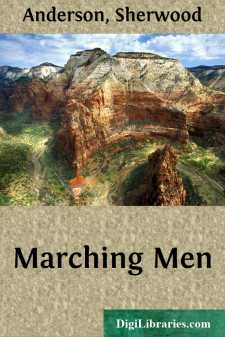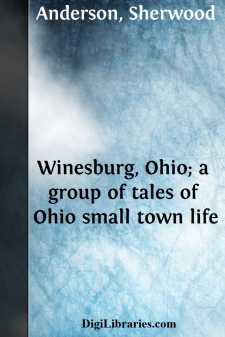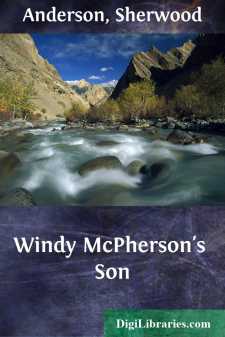Categories
- Antiques & Collectibles 13
- Architecture 36
- Art 48
- Bibles 22
- Biography & Autobiography 813
- Body, Mind & Spirit 142
- Business & Economics 28
- Children's Books 15
- Children's Fiction 12
- Computers 4
- Cooking 94
- Crafts & Hobbies 4
- Drama 346
- Education 46
- Family & Relationships 57
- Fiction 11828
- Games 19
- Gardening 17
- Health & Fitness 34
- History 1377
- House & Home 1
- Humor 147
- Juvenile Fiction 1873
- Juvenile Nonfiction 202
- Language Arts & Disciplines 88
- Law 16
- Literary Collections 686
- Literary Criticism 179
- Mathematics 13
- Medical 41
- Music 40
- Nature 179
- Non-Classifiable 1768
- Performing Arts 7
- Periodicals 1453
- Philosophy 64
- Photography 2
- Poetry 896
- Political Science 203
- Psychology 42
- Reference 154
- Religion 513
- Science 126
- Self-Help 84
- Social Science 81
- Sports & Recreation 34
- Study Aids 3
- Technology & Engineering 59
- Transportation 23
- Travel 463
- True Crime 29
Poor White
Categories:
Description:
Excerpt
CHAPTER I
Hugh McVey was born in a little hole of a town stuck on a mud bank on the western shore of the Mississippi River in the State of Missouri. It was a miserable place in which to be born. With the exception of a narrow strip of black mud along the river, the land for ten miles back from the town—called in derision by river men "Mudcat Landing"—was almost entirely worthless and unproductive. The soil, yellow, shallow and stony, was tilled, in Hugh's time, by a race of long gaunt men who seemed as exhausted and no-account as the land on which they lived. They were chronically discouraged, and the merchants and artisans of the town were in the same state. The merchants, who ran their stores—poor tumble-down ramshackle affairs—on the credit system, could not get pay for the goods they handed out over their counters and the artisans, the shoemakers, carpenters and harnessmakers, could not get pay for the work they did. Only the town's two saloons prospered. The saloon keepers sold their wares for cash and, as the men of the town and the farmers who drove into town felt that without drink life was unbearable, cash always could be found for the purpose of getting drunk.
Hugh McVey's father, John McVey, had been a farm hand in his youth but before Hugh was born had moved into town to find employment in a tannery. The tannery ran for a year or two and then failed, but John McVey stayed in town. He also became a drunkard. It was the easy obvious thing for him to do. During the time of his employment in the tannery he had been married and his son had been born. Then his wife died and the idle workman took his child and went to live in a tiny fishing shack by the river. How the boy lived through the next few years no one ever knew. John McVey loitered in the streets and on the river bank and only awakened out of his habitual stupor when, driven by hunger or the craving for drink, he went for a day's work in some farmer's field at harvest time or joined a number of other idlers for an adventurous trip down river on a lumber raft. The baby was left shut up in the shack by the river or carried about wrapped in a soiled blanket. Soon after he was old enough to walk he was compelled to find work in order that he might eat. The boy of ten went listlessly about town at the heels of his father. The two found work, which the boy did while the man lay sleeping in the sun. They cleaned cisterns, swept out stores and saloons and at night went with a wheelbarrow and a box to remove and dump in the river the contents of out-houses. At fourteen Hugh was as tall as his father and almost without education. He could read a little and could write his own name, had picked up these accomplishments from other boys who came to fish with him in the river, but he had never been to school. For days sometimes he did nothing but lie half asleep in the shade of a bush on the river bank. The fish he caught on his more industrious days he sold for a few cents to some housewife, and thus got money to buy food for his big growing indolent body....







